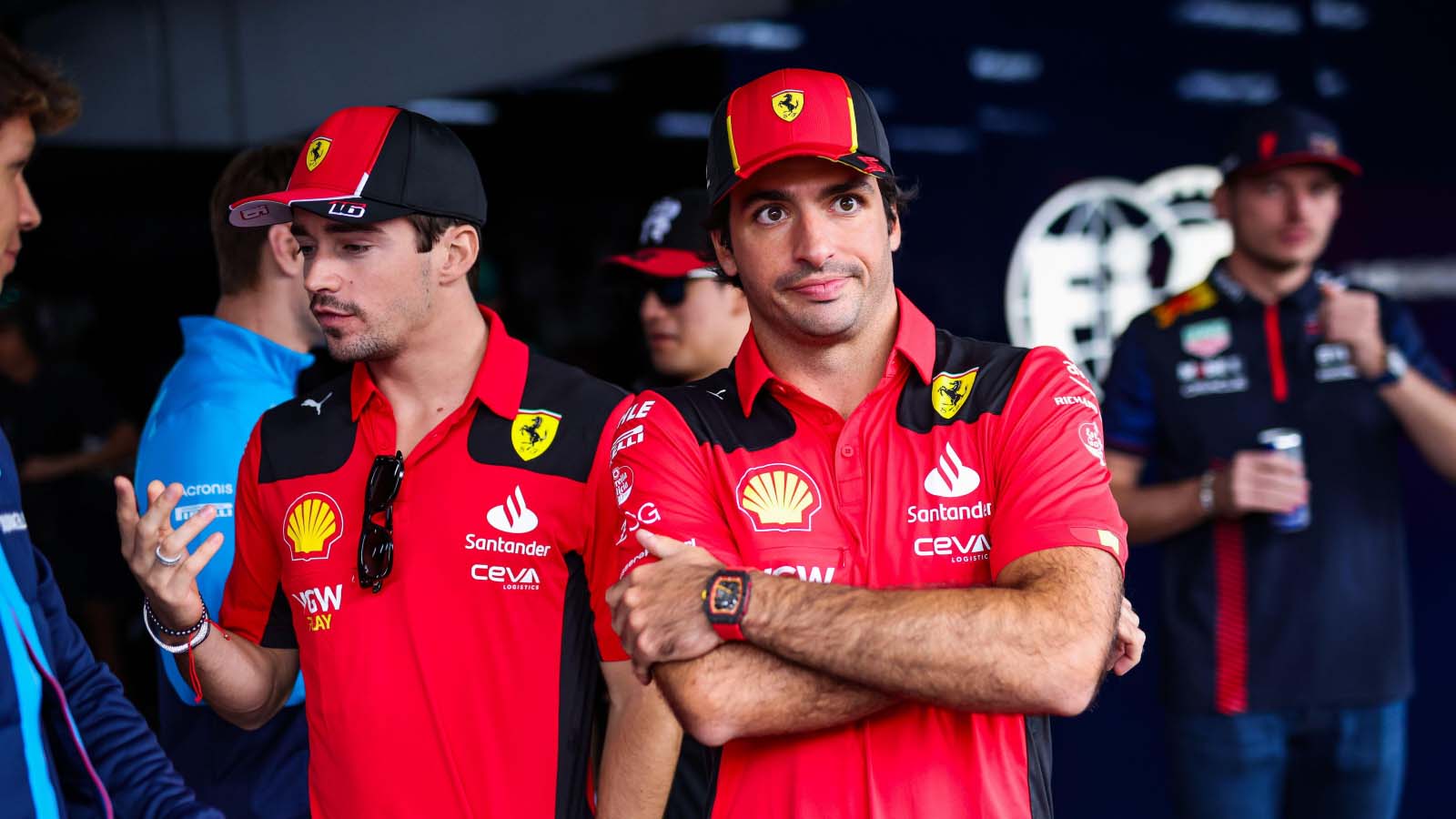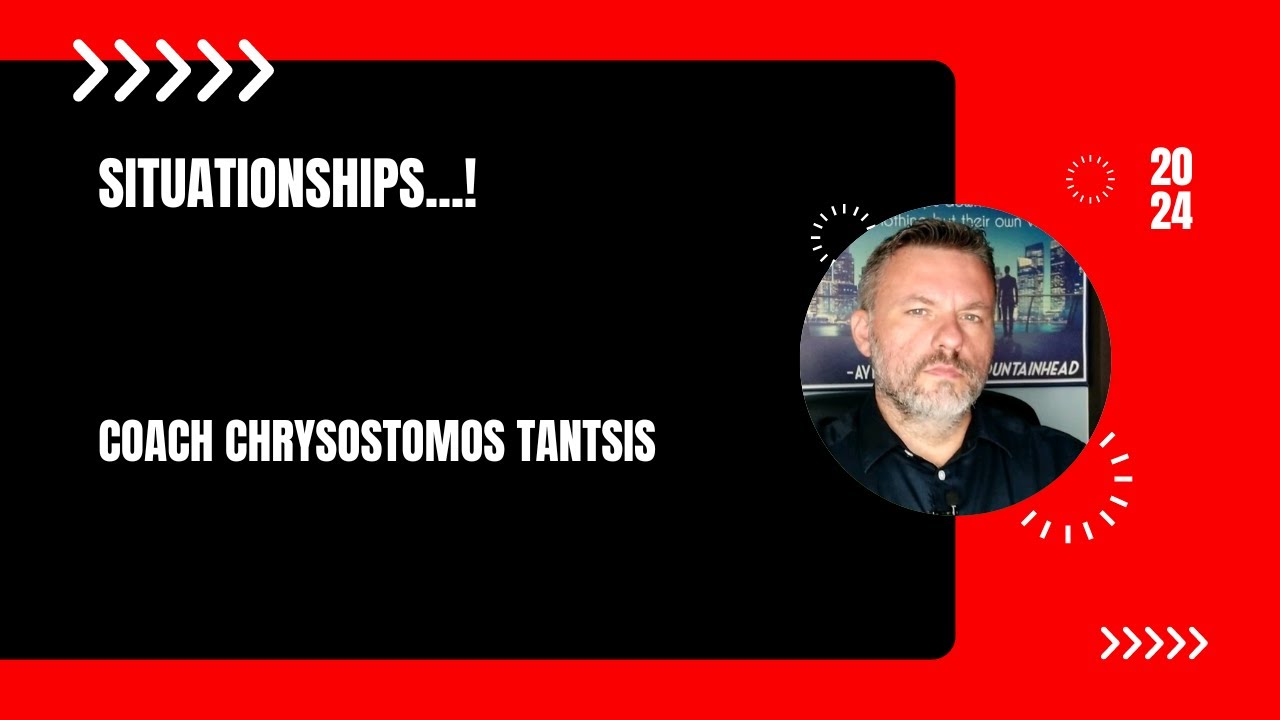Ferrari's Team Orders: Leclerc Speaks Out On Hamilton

Table of Contents
Leclerc's Criticism of Ferrari's Strategic Decisions
Leclerc's frustration with Ferrari's strategy hasn't been a secret. His criticism centers around instances where he felt team orders hindered his race performance and championship ambitions. This points to a deeper issue within the Scuderia Ferrari's strategic planning and execution.
-
Specific Instances: Several races saw Leclerc voicing his discontent. The most prominent examples include instances where he was asked to hold position, allowing his teammate, Carlos Sainz, to overtake him, despite having a faster pace. These decisions, while seemingly aimed at maximizing the team's overall points tally, cost Leclerc valuable positions and championship points.
-
Direct Quotes: Leclerc hasn't shied away from expressing his feelings, often using strong language in post-race interviews. Quotes like "[Insert a direct quote from Leclerc criticizing Ferrari's strategy, if available. Otherwise, use a paraphrase expressing his dissatisfaction.]" clearly indicate his dissatisfaction with certain strategic calls.
-
Championship Impact: These strategic decisions arguably cost Leclerc valuable championship points, potentially shifting the balance of power in the championship fight. A more aggressive, driver-focused approach might have yielded different results. This highlights the potential tension between team orders and individual driver performance.
-
Comparison to Other Teams: While all teams employ some level of team orders, the manner in which Ferrari implemented them, contrasted with teams like Mercedes, became a point of contention. This comparison is crucial in understanding the nuances of F1 team strategy.
Comparing Ferrari's Approach to Other Teams' Strategies (e.g., Mercedes)
A key aspect of the debate is comparing Ferrari's approach to that of other leading teams, most notably Mercedes. This comparison reveals different philosophies in managing driver relationships and on-track battles.
-
Historical Context: Team orders have a long and complex history in F1. Mercedes, under Toto Wolff, has a reputation for strategically managing its drivers, often prioritizing the championship lead, even if it means sacrificing one driver's chances. However, their communication and approach have often been perceived as clearer and less controversial than Ferrari's.
-
Ferrari vs. Mercedes: Ferrari's approach, particularly in recent seasons, has appeared less consistent and transparent. The perceived lack of clear communication between the drivers and the team’s strategists has led to accusations of favoritism and undermined team unity. Mercedes, in contrast, often employs a more collaborative strategy, clearly communicating expectations to both drivers.
-
Advantages and Disadvantages: A rigidly enforced team order strategy can maximize points but can damage driver morale and motivation if not handled carefully. A more driver-centric approach can lead to higher individual performances, potentially attracting sponsors and fans, but it risks internal conflict and inconsistent team results. The optimal strategy remains a subject of intense debate.
-
Hamilton's Experience: Lewis Hamilton's experience with Mercedes, while involving team orders, was often characterized by a clearer understanding of the team's overall strategic goals. This contrast highlights a key difference in communication and management styles between the two teams and contributes to the ongoing discussion surrounding Ferrari team orders and Leclerc's frustration.
The Impact of Leclerc's Comments on Ferrari's Team Dynamics
Leclerc's public criticism has undeniably impacted Ferrari's internal dynamics, raising questions about the team's future and the driver's own prospects within the Scuderia.
-
Team Morale: Open criticism from a leading driver can negatively affect team morale, especially if the criticism is perceived as justified. It can create an atmosphere of distrust and undermine the authority of team management.
-
Leclerc's Future: The impact on Leclerc's future is uncertain. While he remains a valuable asset to the team, his outspoken nature could create tension. The team might need to find ways to balance Leclerc’s ambitious nature with the need for team unity and consistency.
-
Addressing the Situation: Ferrari needs to address the underlying issues that led to Leclerc's public criticism. Improving communication, transparency, and strategic decision-making will be key to restoring harmony and improving the team's overall performance. This might involve structural changes within the team or a shift in management philosophy.
The Future of Ferrari's Team Orders and Strategy
Looking ahead, several changes could shape Ferrari's future approach to team orders and overall strategy.
-
Strategic Adjustments: Ferrari might adopt a more flexible approach to team orders, balancing team objectives with the need to motivate individual drivers. Clearer communication and a more collaborative strategy development process could alleviate some tensions.
-
Leadership Changes: Changes in team leadership or management could also lead to a shift in strategy. A new strategic director might implement a different approach to driver management and race strategy.
-
Improved Communication: Improved communication and transparency between the drivers, strategists, and team management are paramount. A more open and honest dialogue can prevent similar situations from arising in the future.
Conclusion
Charles Leclerc's outspoken comments on Ferrari's team orders, particularly in comparison to Lewis Hamilton's experiences at Mercedes, have sparked significant debate within the Formula 1 community. The analysis of these comments reveals complexities in team strategy, driver-team relationships, and the long-term implications for Ferrari's performance. His criticisms highlight the need for clearer communication and more strategically sound decision-making within the Scuderia.
Call to Action: What are your thoughts on Ferrari's team orders and Leclerc's comments? Join the conversation in the comments below and share your perspective on the future of Ferrari's team orders and their impact on Leclerc's performance. Let's discuss the ongoing debate surrounding Ferrari team orders and the challenges of balancing team strategy with individual driver ambitions!

Featured Posts
-
 Le Bo Cafe De Biarritz Une Nouvelle Page S Ecrit
May 20, 2025
Le Bo Cafe De Biarritz Une Nouvelle Page S Ecrit
May 20, 2025 -
 Rashfords Double Propels Manchester United Past Aston Villa In Fa Cup
May 20, 2025
Rashfords Double Propels Manchester United Past Aston Villa In Fa Cup
May 20, 2025 -
 Huuhkajien Tulevaisuus Uusi Valmennus Ja Mm Karsinnat
May 20, 2025
Huuhkajien Tulevaisuus Uusi Valmennus Ja Mm Karsinnat
May 20, 2025 -
 Eksereynontas Ta Tampoy Erotas Apodrasi Kai Oi Synepeies
May 20, 2025
Eksereynontas Ta Tampoy Erotas Apodrasi Kai Oi Synepeies
May 20, 2025 -
 Tampoy K Setyligontas To Mystirio Piso Apo Toys Fonoys
May 20, 2025
Tampoy K Setyligontas To Mystirio Piso Apo Toys Fonoys
May 20, 2025
